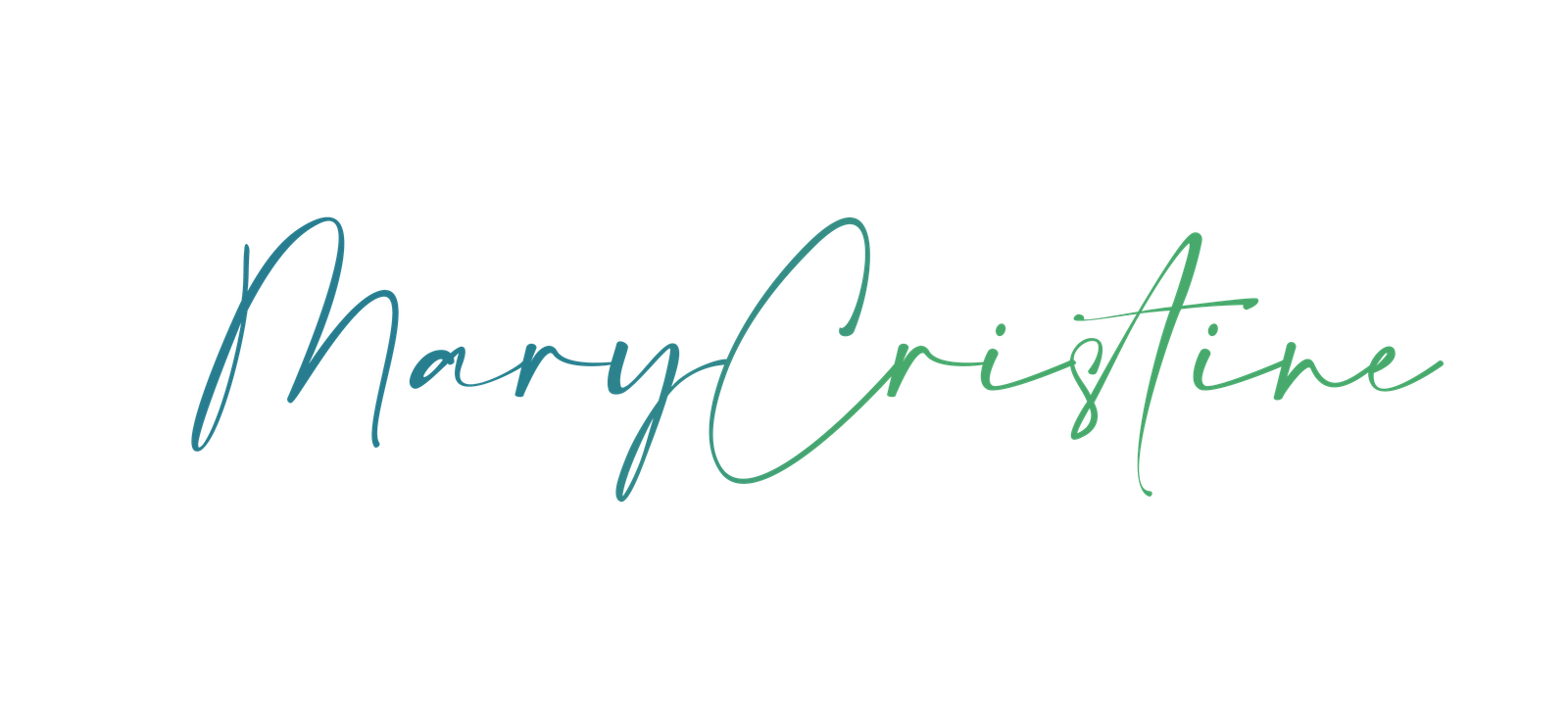By subscribing to my esteemed blog, you will gain exclusive access to a treasure trove of wisdom,
offering a constant source of inspiration and guidance along your transformative journey.

Nutrition plays a crucial role in maintaining optimal brain health and cognitive function. In Chinese medicine, food is seen as medicine, and the right diet can help support brain health and prevent cognitive decline.
According to Chinese Medicine principles, the brain is regarded as the seat of consciousness and the controller of vital functions. It is believed that the nourishment derived from food directly influences the vitality and functionality of the brain.
Drawing upon the concept of “Qi,” the vital life force that flows through our bodies, Chinese Medicine recognizes the importance of ensuring a harmonious flow of Qi to support optimal brain function. Within the framework of Chinese Medicine, specific dietary recommendations are crafted to fortify brain health.
The approach focuses on the balance of Yin and Yang energies, aiming to nourish the brain with foods that possess cooling properties to counteract excessive heat and inflammation. Foods such as leafy greens, seaweed, mushrooms, berries, and nuts are commonly recommended, as they are believed to possess properties that support brain health, enhance cognition, and promote mental clarity.
Gut health is a critical aspect of our overall well-being that is often overlooked. We don’t give it enough attention until things go wrong. Gut diseases are an increasingly common health issue affecting millions of people worldwide. The impact of gut diseases on our lives is often underappreciated. In this blog, we will delve deeper into the topic of gut diseases and discuss their lesser-known effects on our lives.
1. Gut diseases and mental health: Most people don’t realize the link between gut diseases and mental health. The gut is often called the “second brain” because it is closely connected to our central nervous system. Studies have shown that gut diseases, like Irritable Bowel Syndrome (IBS), can cause depression, anxiety, and other mental health issues. When our gut health is compromised, it can lead to a range of psychological problems.
2. Gut diseases and immunity: The gut plays a critical role in our immune system. Our gut lining acts as a barrier, preventing harmful substances from entering our bloodstream. When our gut is compromised due to diseases like Crohn’s disease, Ulcerative colitis, or leaky gut syndrome, it can weaken our immune system, making us more susceptible to infections.
3. Gut diseases and nutrition absorption: The gut is responsible for absorbing nutrients from the food we eat. When we suffer from gut diseases like Celiac disease or Inflammatory Bowel Disease (IBD), it can lead to nutrient deficiencies that can impact our health. Nutrient deficiencies can cause fatigue, weakness, and other health problems.


4. Gut diseases and skin health: Our skin is our largest organ, and its health is closely linked to our gut health. Studies have shown that gut diseases can cause skin problems like eczema, psoriasis, and acne. The gut-skin axis is a relatively new field of research, and scientists are just beginning to understand its implications.
5. Gut diseases and sleep: Gut diseases can cause sleep disturbances, leading to sleep deprivation. When our gut is not functioning correctly, it can lead to problems like acid reflux, bloating, and gas, which can make it difficult to sleep.
6. Gut diseases and quality of life: Gut diseases can impact our quality of life in many ways. They can cause pain, discomfort, and embarrassment, leading to isolation and depression. The impact of gut diseases on our mental and physical health can be significant, leading to a decreased quality of life.
Gut diseases are a serious health issue that can have far-reaching effects on our lives. It’s essential to take care of our gut health to prevent these diseases from occurring. Eating a healthy diet, getting enough sleep, and reducing stress are some of the ways we can improve our gut health. If you suspect you have a gut disease, it’s important to seek medical attention promptly. Remember, our gut health is critical to our overall well-being.


Sleep debt is a serious issue that can have a significant impact on our health and well-being. It is estimated that up to 70 million Americans suffer from some form of sleep disorder, and many more experience occasional sleep disturbances. While modern medicine has made great strides in treating sleep disorders, many people are turning to ancient healing practices to address their sleep issues.
In traditional Chinese medicine (TCM), sleep is seen as an essential component of overall health and wellness. According to TCM, the body goes through a process of rejuvenation and repair during sleep, and any disruptions to this process can have far-reaching effects on our health.
One of the primary causes of sleep debt is our busy, modern lifestyles. Many of us are constantly on the go, trying to keep up with the demands of work and family life. We often sacrifice sleep in favor of other activities, such as work, socializing, or entertainment. Over time, this can lead to a chronic state of sleep debt, which can cause a range of health problems.
To address sleep debt and other sleep issues, I often recommend a range of natural remedies and lifestyle changes. These may include:
1. Acupuncture: Acupuncture is an ancient Chinese healing practice that involves the insertion of fine needles into specific points on the body. Acupuncture has been shown to be effective in treating a range of sleep disorders, including insomnia, sleep apnea, and restless leg syndrome.
2. Herbal remedies: I like to often prescribe herbal remedies to help address sleep issues. These may include herbs such as valerian root, chamomile, and passionflower, which have been shown to have a calming effect on the body and promote restful sleep.
3. Meditation: Meditation is another ancient practice that has been used for centuries to promote relaxation and reduce stress. Regular meditation practice can help to calm the mind and improve sleep quality.
4. Lifestyle changes: I recommend a range of lifestyle changes to help address sleep debt. These may include reducing caffeine intake, establishing a regular sleep routine, and avoiding electronic devices before bedtime.
By incorporating these ancient healing practices into our modern lives, we can begin to address the issue of sleep debt and improve our overall health and well-being. While there is still much we don’t know about the science of sleep, there is no doubt that these ancient practices have much to offer us in terms of healing and wellness.
In the modern era, where scientific advancements have revolutionized medicine, it is fascinating to uncover the deep-rooted connections between cellular health and the timeless wisdom of ancient healing practices. Throughout the annals of history, diverse cultures have developed sophisticated systems of medicine that recognized the profound influence of cellular health on overall well-being. Here we explore the intricate web that binds ancient medicine and the realm of cellular health, unraveling the timeless insights that continue to resonate in the pursuit of optimal vitality.
Cellular Health: The Foundation of Wellness at the core of our existence lies the intricate realm of cellular health. The trillions of cells that compose our bodies serve as the building blocks of life, tirelessly carrying out essential functions that sustain our physiological equilibrium. Ancient healing traditions, such as Ayurveda, Traditional Chinese Medicine, and Greek medicine, recognized the significance of maintaining cellular health as a fundamental pillar of well-being. They emphasized the balance of vital energies, proper nourishment, and the elimination of toxins to support optimal cellular function and overall vitality.
Ancient Medicine’s Holistic Perspective: Ancient healing practices approached wellness from a holistic perspective, acknowledging the interconnectedness of the body, mind, and spirit. These traditions understood that cellular health extended beyond the physical realm, encompassing energetic imbalances, emotional well-being, and spiritual harmony. By restoring balance and harmony at the cellular level, ancient medicine sought to unlock the body’s innate healing potential and foster overall wellness.
Herbal Medicine and Cellular Vitality: Herbal medicine, a cornerstone of ancient healing systems, has long been revered for its ability to promote cellular health. Plants, rich in phytochemicals and bioactive compounds, were harnessed to support cellular rejuvenation, optimize cellular metabolism, and protect against oxidative stress. From Ayurvedic herbs like Ashwagandha and Tulsi to Traditional Chinese Medicine’s adaptogenic treasures like Ginseng and Reishi, these botanical allies were used to nourish cells, strengthen vital systems, and enhance overall vitality.
Cellular Health in the Modern Context: In the context of modern medicine, cutting-edge research continues to shed light on the importance of cellular health. The fields of epigenetics and nutrigenomics explore how lifestyle factors, including diet, stress, and environmental influences, impact gene expression and cellular function. Remarkably, these scientific advancements often align with the principles espoused by ancient healing traditions, affirming the timeless insights of cellular health and the holistic approaches to wellness.
As we delve into the fascinating connection between cellular health and ancient medicine, we bear witness to the profound wisdom that transcends time and culture. The insights gleaned from these ancient traditions harmonize with the advancements of modern science, reinforcing the significance of nurturing our cells as the foundation of optimal well-being.
By embracing the holistic perspective of ancient medicine, integrating herbal remedies, mind-body practices, and lifestyle choices, we can embark on a transformative journey toward cellular vitality and unlock the boundless potential for vibrant health and vitality.


